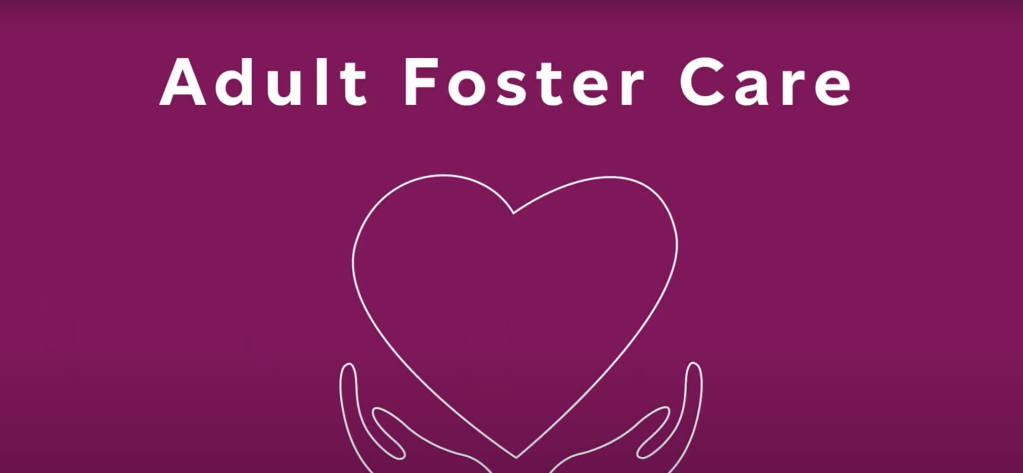
Caring for a Child with Disabilities? Here are Your Financial Assistance Options
 When your child has disabilities that require 24/7 care, caring for them at home might be the option that best suits their needs, with the added benefit of keeping them close to you every day. But home care also comes with emotional and financial obstacles that can lead to caregiver burnout or make caring for your son or daughter at home infeasible, as much as you would like to keep them there.
Fortunately, you may qualify for government financial support. What this might look like depends on a host of factors, such as where you live, your child’s specific condition and your income to name a few.
When your child has disabilities that require 24/7 care, caring for them at home might be the option that best suits their needs, with the added benefit of keeping them close to you every day. But home care also comes with emotional and financial obstacles that can lead to caregiver burnout or make caring for your son or daughter at home infeasible, as much as you would like to keep them there.
Fortunately, you may qualify for government financial support. What this might look like depends on a host of factors, such as where you live, your child’s specific condition and your income to name a few.
Supplemental Security Income (SSI)
Supplemental Security Income, also known as SSI, is a government program that provides cash payments to disabled children, adults, and individuals aged 65 or older who are citizens or nationals of the United States. Parents caring for children may also be eligible for SSI, provided they meet all the qualifications. For example, someone caring for a minor may receive their own benefits, though their eligibility end dates may be different from those of the child. That said, if the child has a long-term mental or physical disability, and parental control is continuously exercised, benefits may continue into the future. Before the minor reaches 16, the Social Security Administration will send information to the parent caregiver to determine the eligibility of these continuing benefits.Medicare Programs
Medicare does not provide payments to caregivers, even caregivers of minors. However, if the child is covered under Medicare and certified as being homebound, Medicare may cover the costs of part-time or intermittent home health services. This doesn’t directly translate to compensation, but it may potentially allow you to work while your child is being cared for by a home health provider.Medicaid Programs & HCBS Waivers
How much does Medicaid pay for a caregiver? Like Medicare, state Medicaid typically does not reimburse family caregivers, though some states offer services for which some families may be eligible. If you are caring for a child with mental or physical disabilities, your state’s Medicaid program may provide respite care, home health benefits, and even direct payments. Your son or daughter may also be eligible for a home and community-based service waiver (HCBS Waivers). These waivers are designed to provide a combination of standard medical services that can ease the burden of caregiving and put money back in the pockets of caregivers. Services include personal care, home health aide reimbursement, adult day health services, and respite care. Some states offer further payment and support for individuals facing specific diseases and disabilities. Structured Family Caregiving from Careforth is one example of a caregiving program offered through HCBS waivers. It’s available in 12 states, providing a tax-free stipend to cover caregiving costs in addition to easy access to a team of healthcare experts for educational and emotional support. Contact your state Medicaid office to assess your eligibility.In-Home Supportive Services
Some states also have their own, separate programs that allow caregivers to receive financial compensation. For example, the state of California offers in-home supportive services (IHSS), a program that works with counties to assess and compensate caregivers of patients with a range of conditions. In California, eligible caregivers must attend an orientation and go through a fingerprinting process as well as a criminal background check. Caring for a child with severe disabilities is extremely challenging, but can be highly rewarding. If you’re facing financial challenges due to your child’s medical condition and aren’t sure which programs or resources would be the best fit for you, a good first step is to reach out to local agencies and advocacy groups for further help and direction. Need help caring for a child with physical and/or mental disabilities? Learn more about Careforth’s coaching and support program for caregivers of Medicaid-eligible friends and family members.More insights like this:
-

7 Immune System Booster Tips for Seniors
Read more: 7 Immune System Booster Tips for SeniorsThe immune system is the body’s first line of defense against viruses and infections, but the aging process can weaken the immune system. Throughout the COVID-19 pandemic, this became an increased concern for the caregivers of older or immunocompromised adults, as the risk of more severe symptoms and outcomes was much higher in these…
-

Massachusetts Adult Foster Care Eligibility Defined
Read more: Massachusetts Adult Foster Care Eligibility DefinedFor family caregivers, it’s crucial to create a community of support and utilize all the programs and resources available to you to improve your caregiver experience. In Massachusetts, the Adult Foster Care Program can be an excellent source of support, but eligibility can sometimes be overwhelming to navigate on your own. “The Massachusetts Adult Foster…
